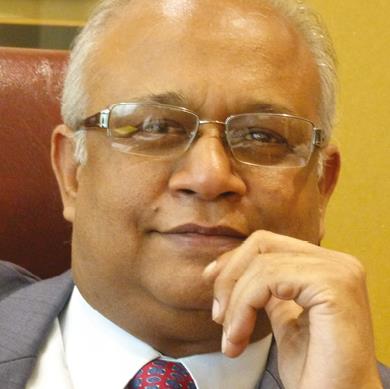India’s trademark registry announces new rules and increases filing fees
India’s Department of Industrial Policy and Promotion (DIPP) has ratified new trademark registry rules and published new fees for trademark-related work. Among the changes are a 125% increase in fees for filing a trademark application in one class – up from Rs4,000 (approximately $60) to Rs9,000 ($135).
In addition, renewal fees have risen to Rs9,000 (previously Rs5,000). Meanwhile, the cost of expedited examination has doubled from Rs20,000 ($300) to Rs40,000 ($600). All of these figures are for online filings; traditional paper filings command a 10% surcharge. Indian brand owners falling into certain categories enjoy a discount of as much as 50% on trademark application fees. Included are individual applicants, businesses recognised as start-ups under the government’s Start-up India programme and ‘small enterprises’ as defined under the country’s Micro, Small and Medium Enterprises Development Act 2006.
The new rules allow rights holders to apply for their trademark to be declared well known by the Indian registry, at a cost of Rs100,000 ($1,500). Applications must be accompanied by a statement of case, along with evidence and documentation in support of the claim. Before declaring a trademark as well known, the registrar may invite objections from the general public. Where an application is successful, this will be published in the Trademark Journal and included on the list of well-known marks maintained by the registrar.
Other measures implemented by the new trademark rules include:
- a requirement to submit an MP3 of a sound recording, maximum 30 seconds in length, alongside a graphical representation of the sound and musical notation as part of filing an application for a sound trademark;
- a requirement that trademark applications not filed on an ‘intent to use’ basis include a ‘statement of use’ with respect to all potential goods and services mentioned in the application, as well as an affidavit testifying to use of the mark; and
- speedier opposition proceedings – applicants will be able to file a response to a notice of opposition as soon as it appears online, rather than having to wait for it to be officially served. Each party will also have to send exhibits to the other at the same time as submitting them to the registry, rather than waiting for a written request from the opposite party. Deadlines for the filing of evidence by both parties will no longer be extendable; while parties will no longer be able to request more than two adjournments.

Counsel comment
The rules aim for efficient and speedy recordal of trademarks, focusing on digitisation, incentivising e-filing to avoid delays and clerical errors, and providing for hearings through video conferencing and expedited examination and grant of registrations. The introduction of limited extensions/adjournments will reduce the pendency of oppositions and expedite the processing of applications. However, the effectiveness of this measure remains to be seen. The rules also prescribe a mechanism for the recordal of trademarks as well known by producing evidence to the registrar’s satisfaction in addition to the existing mechanism of court/registrar orders in contested proceedings holding them as such. This is a welcome step to assist the registrar in proactively monitoring applications in other classes conflicting with well-known trademarks. However, there is no clarity on the value of well-known trademarks so declared in contested infringement/opposition proceedings.
Hemant Singh, managing partner, Inttl Advocare

